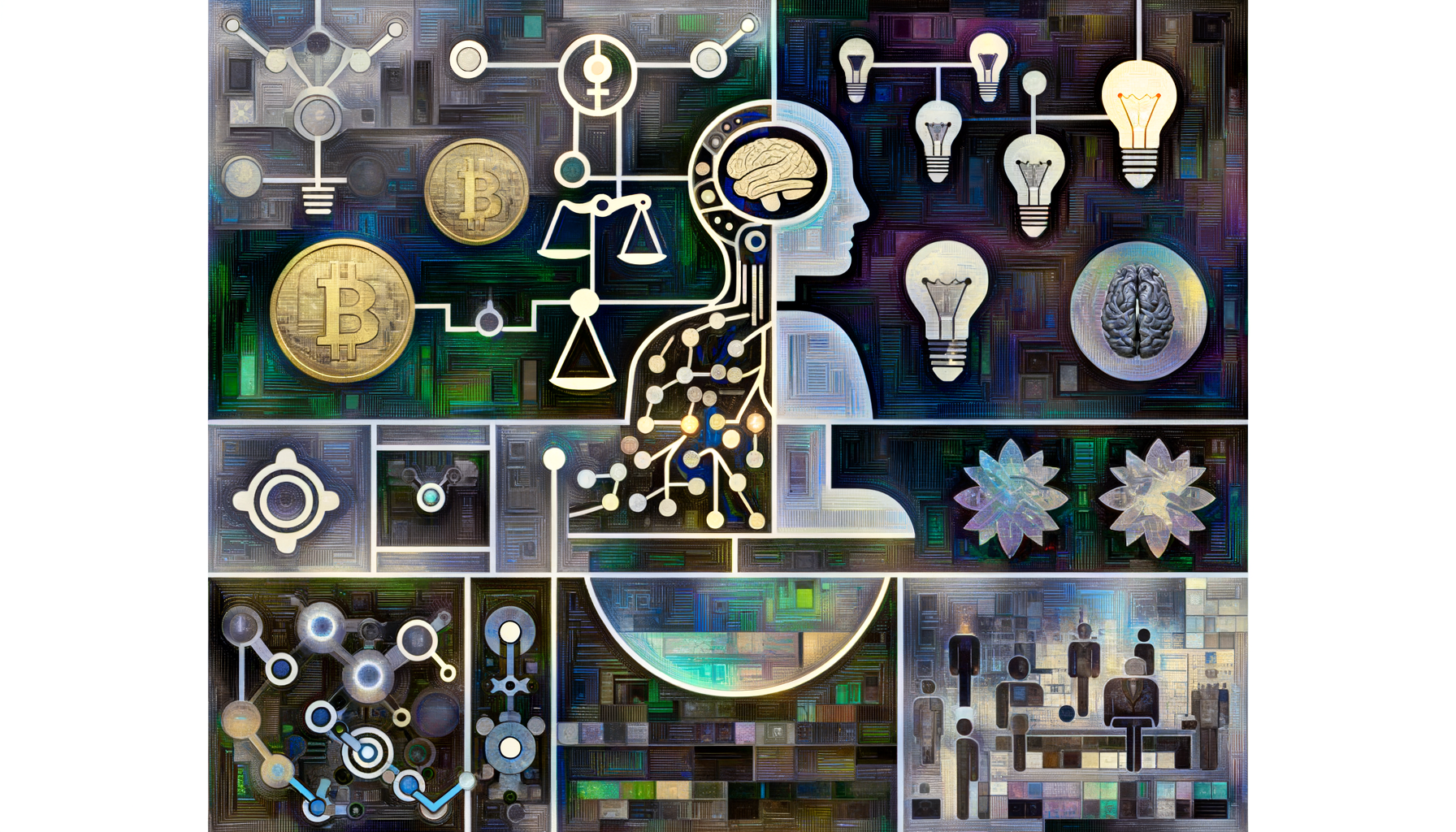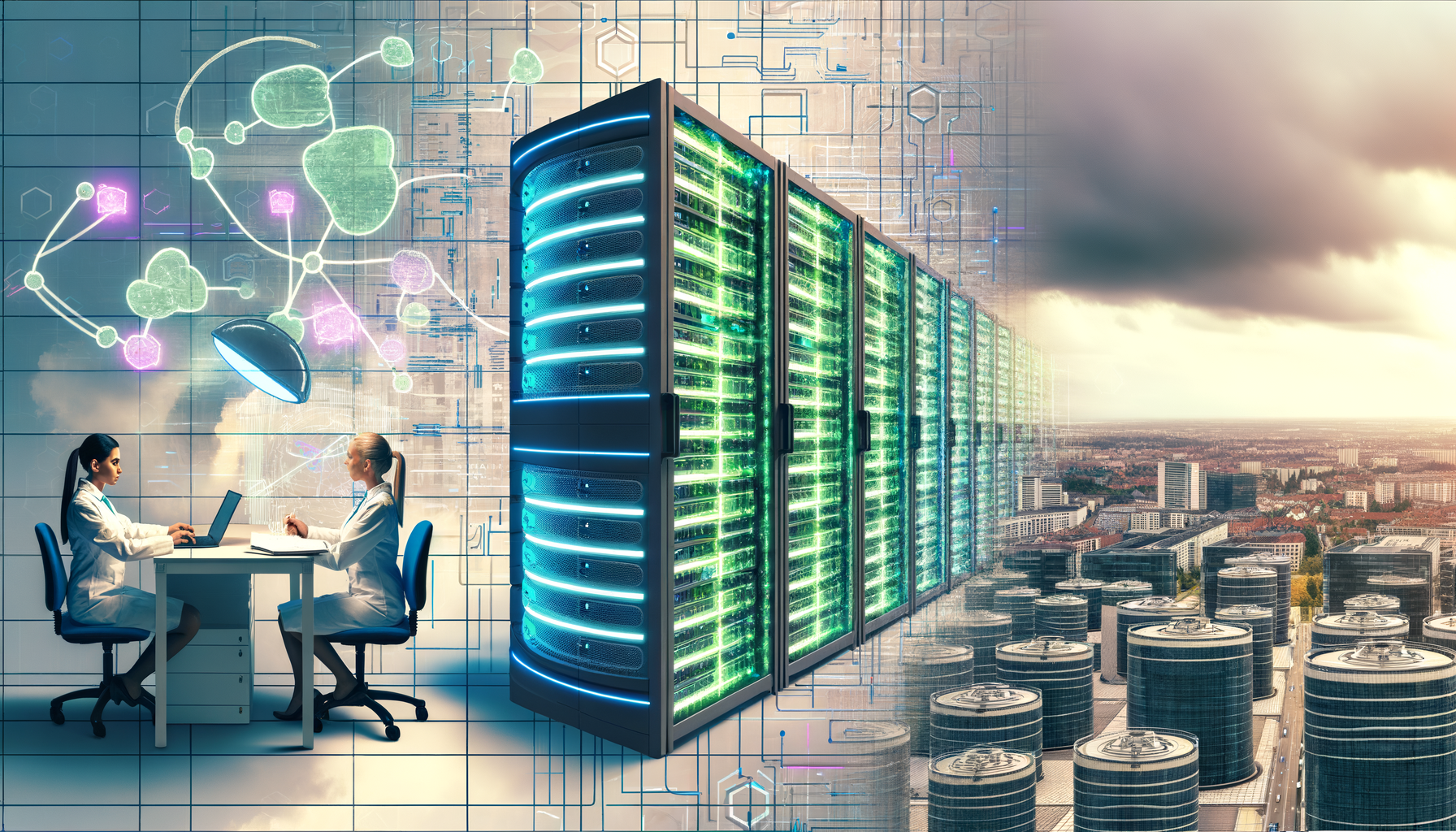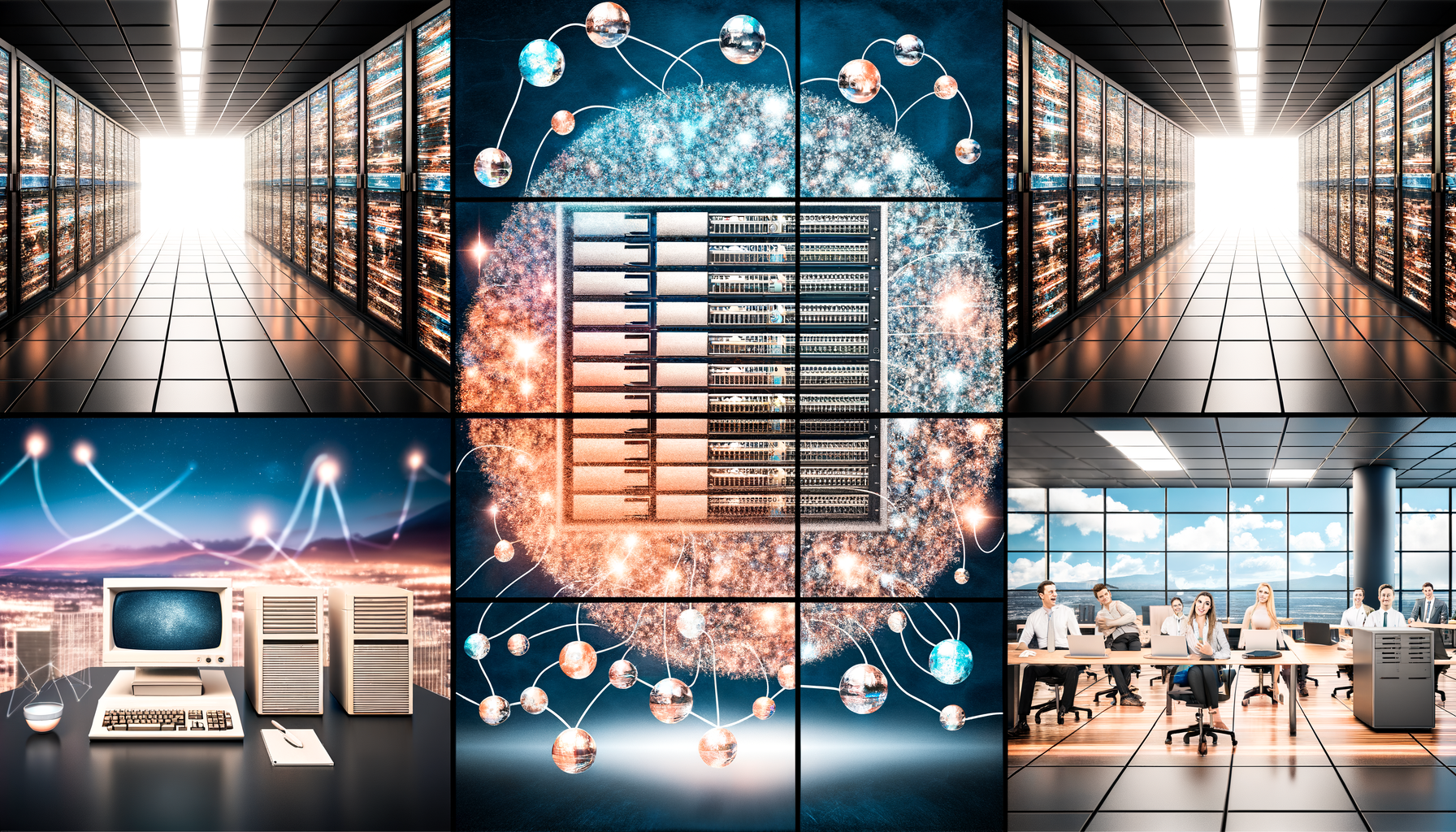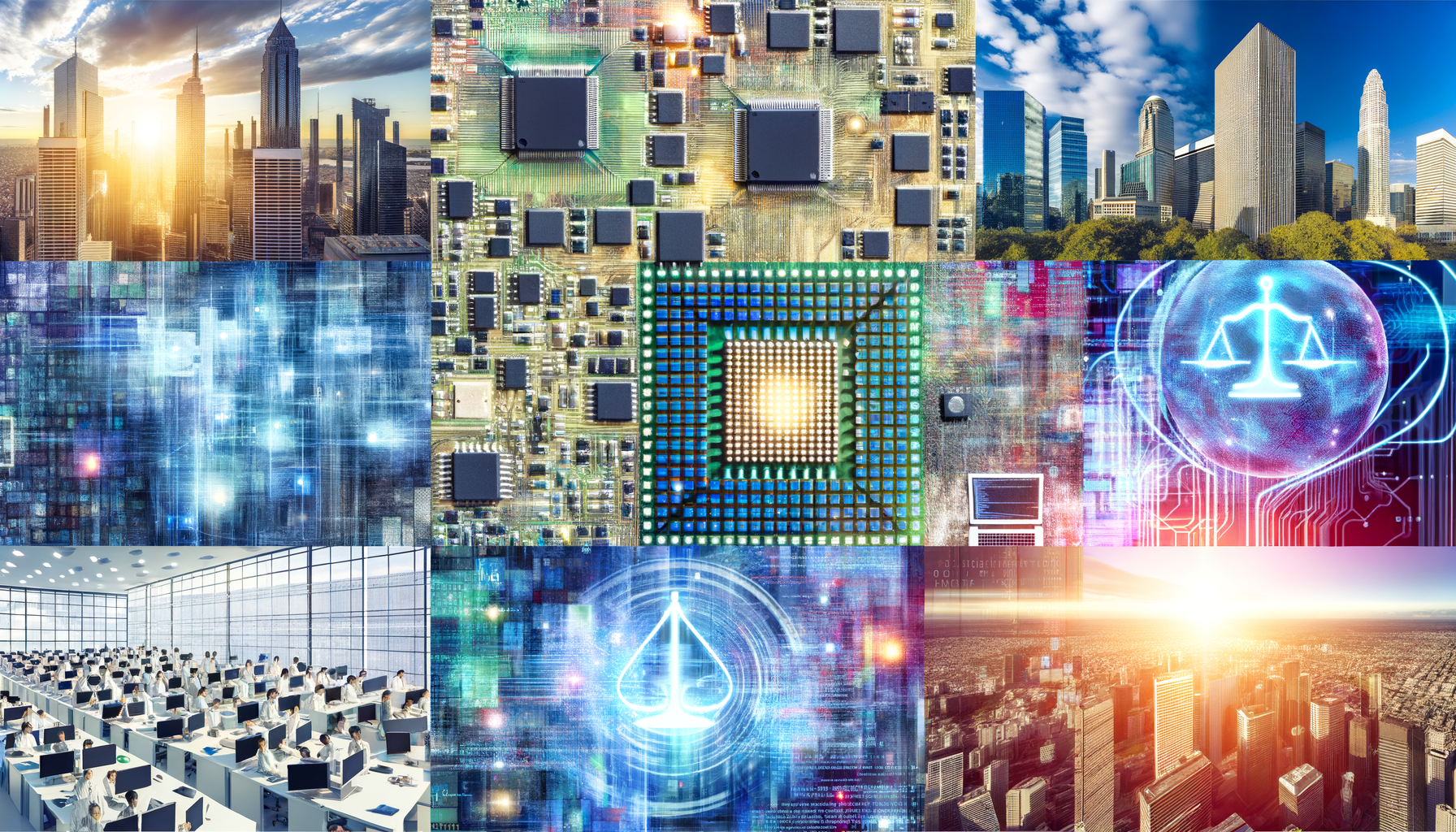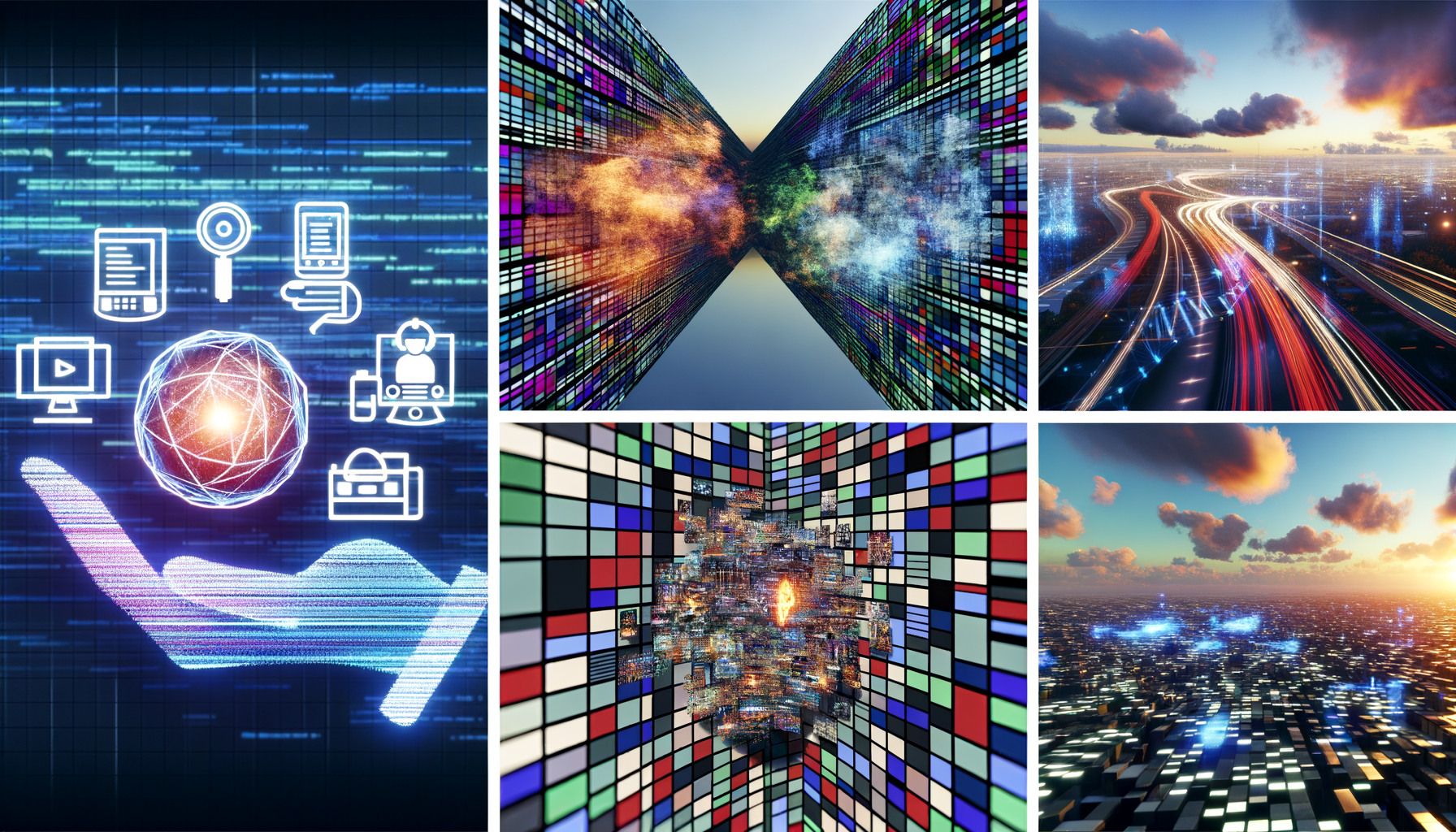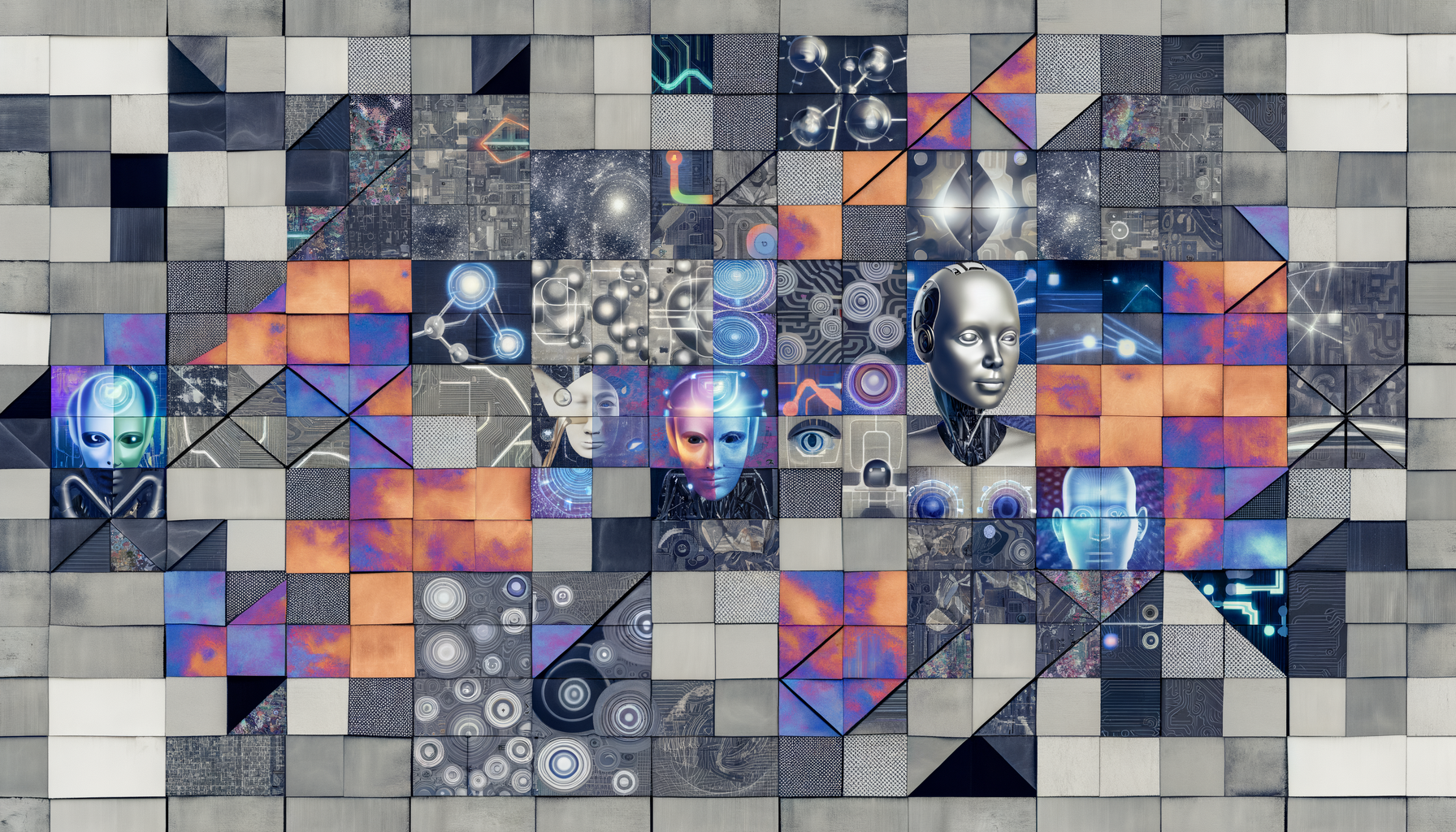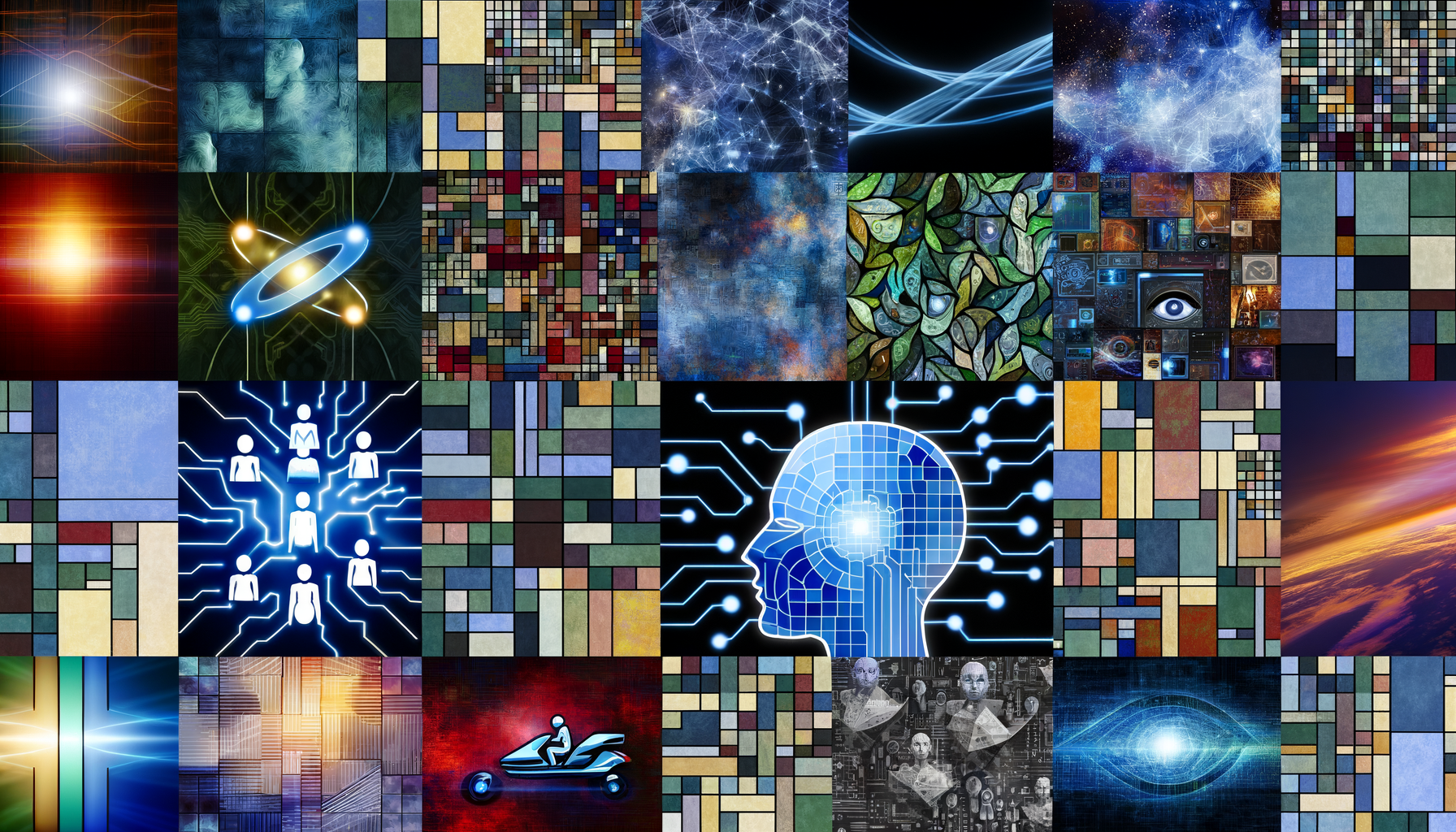It seems the news content is missing or incomplete. Please provide the raw AI news articles you’d like me to format, and I’ll be happy to transform them into the specified HTML structure.
Gen AI Bubble Fears and Low-Cost LLM Breakthroughs
While fears of a big tech generative AI bubble are growing, researchers are finding it easier and cheaper than ever to build their own AI models. This trend is leading to a DIY AI boom, contrasting with the concerns about overvaluation in the tech sector.
Former Meta Executives Raise $15 Million for AI Assistant Startup
Two former Meta AI executives have secured $15 million in funding for their startup, Yutori. The company aims to develop AI personal assistants, potentially competing in the growing market for AI-powered digital assistants.
Bill Gates Predicts AI Will Replace Doctors and Teachers Within 10 Years
Microsoft founder Bill Gates has predicted that advancements in artificial intelligence will significantly reduce human involvement in traditional tasks such as medicine and teaching within the next decade. Gates suggests that AI will take over many roles currently performed by humans.
Apple’s AI Features Criticized as Unhelpful
Apple’s recent AI features, including text message summaries, have been criticized as ineffective and unhelpful. The article suggests that the critique of Apple’s cautious approach to AI implementation may be justified, highlighting the challenges faced by tech companies in delivering practical AI solutions.
Columbia University Student Expelled for Creating AI Job Application Tool
A computer science student at Columbia University has been expelled after creating an AI tool designed to cheat in tech job applications. This incident highlights the ethical concerns and potential misuse of AI technology in academic and professional settings.




